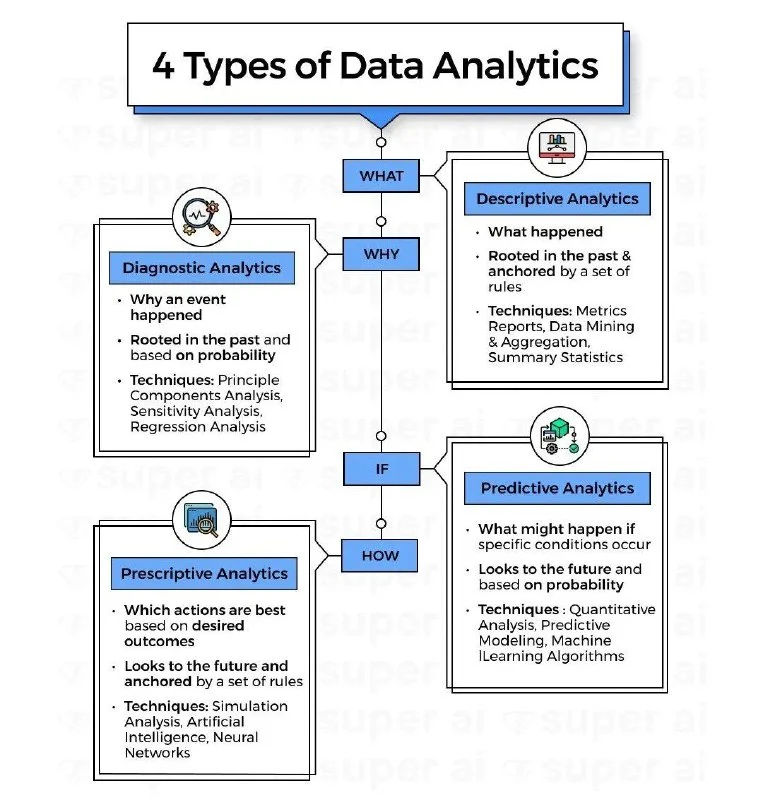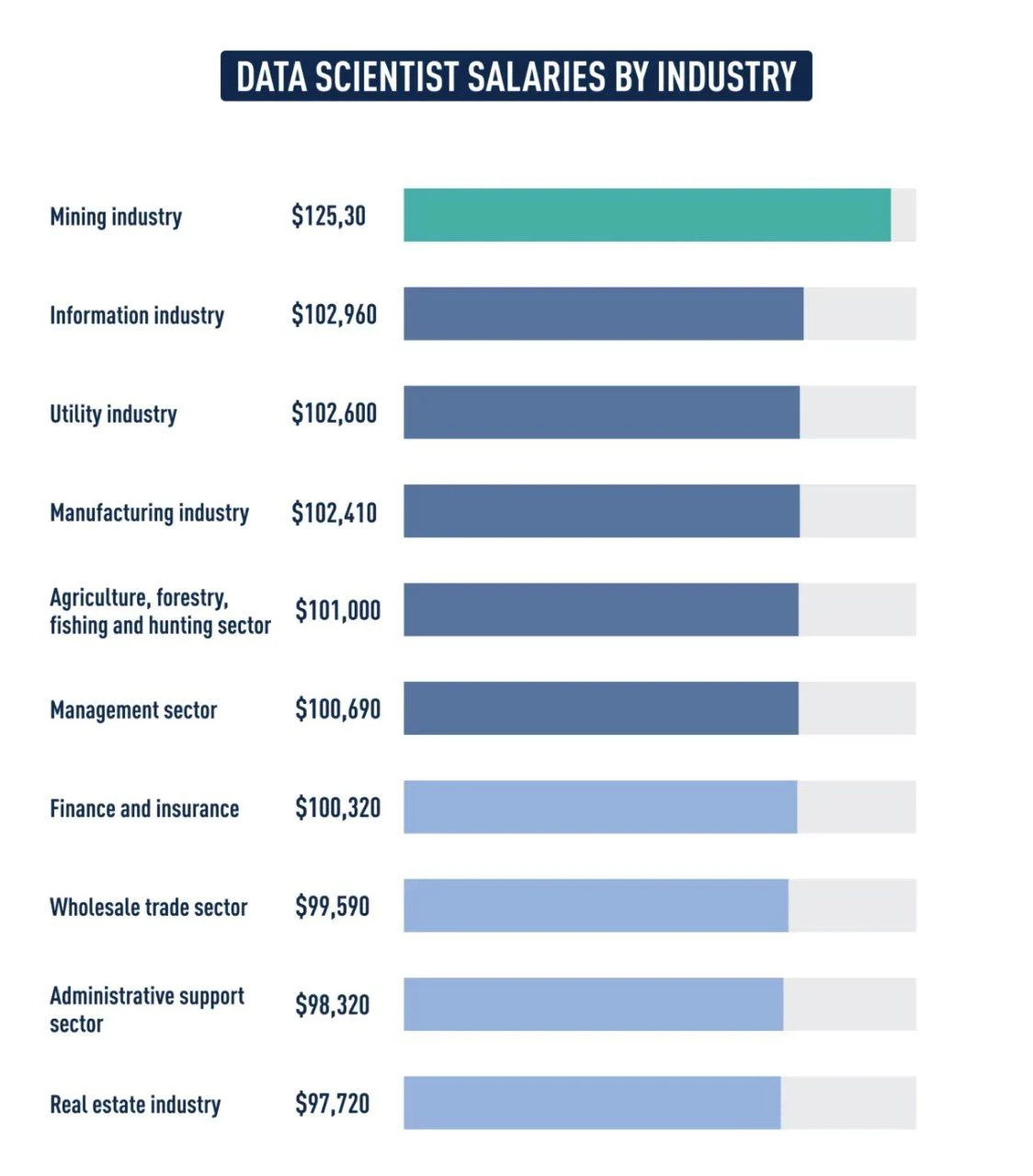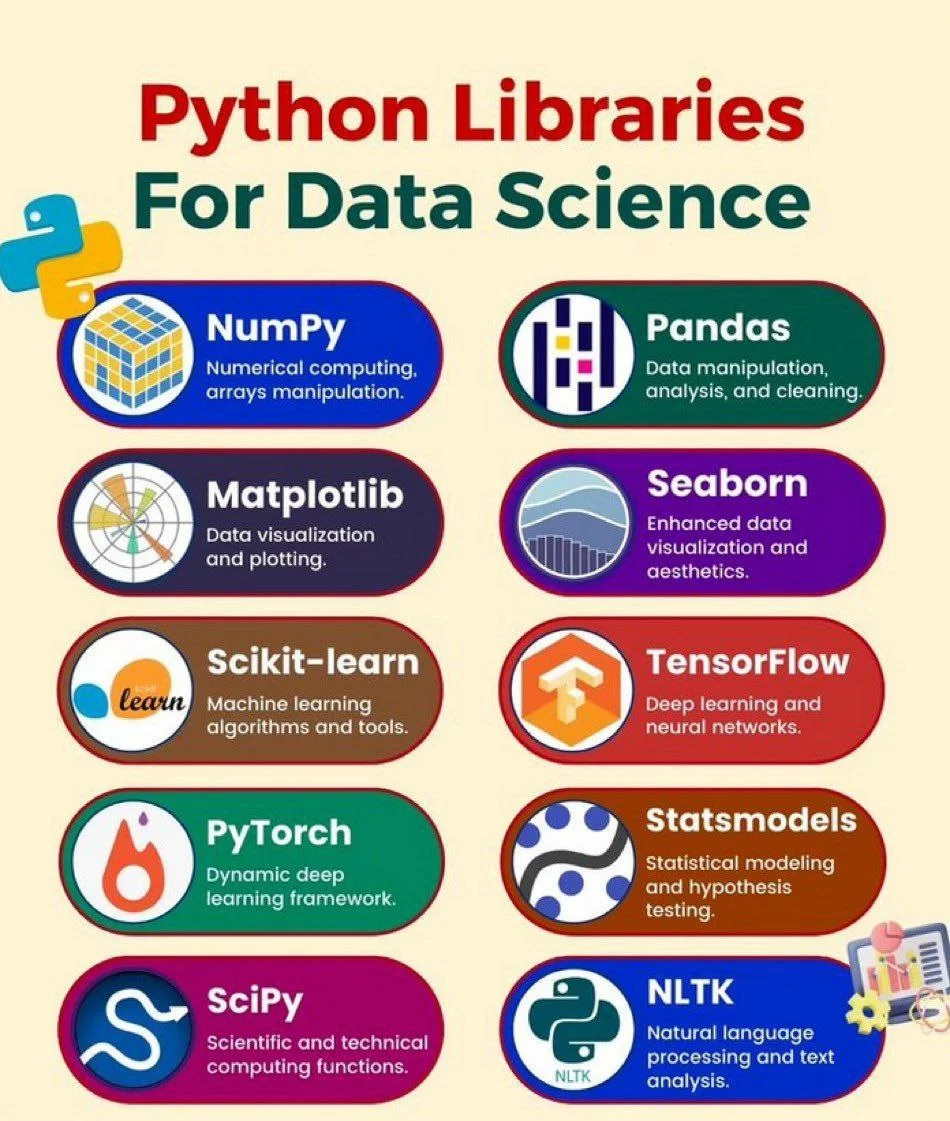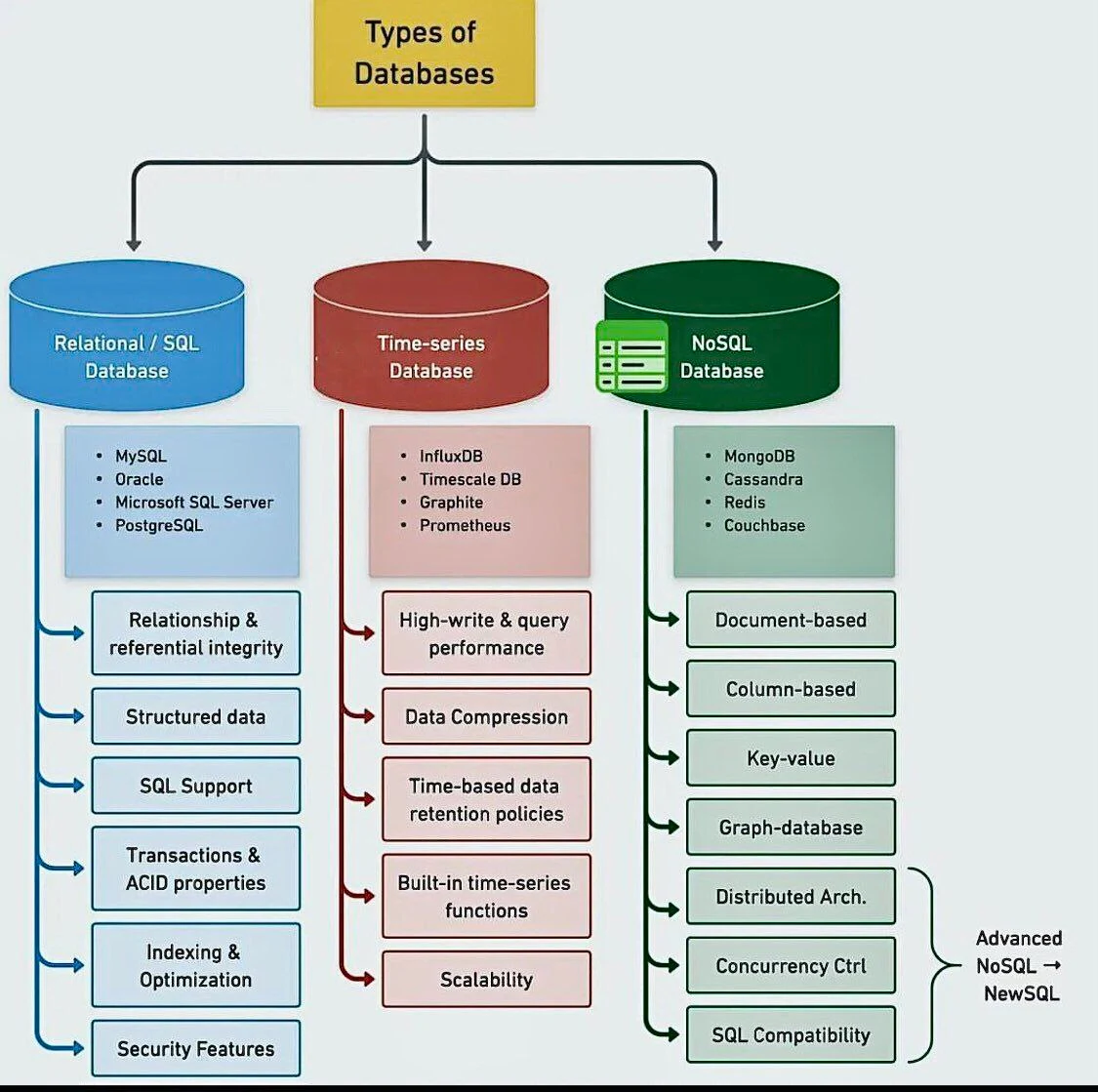In the age of information overload, data scientists have emerged as the architects of the AI revolution. These professionals are tasked with transforming raw data into valuable insights that drive innovation and decision-making. By leveraging machine learning algorithms and statistical models, data scientists are unlocking the potential of data to solve complex problems and create new opportunities.
Understanding Data Scientists
Data scientists are a blend of statisticians, computer scientists, and domain experts. They possess a strong foundation in mathematics, statistics, and programming languages like Python and R. Their ability to understand both the technical and business aspects of data makes them invaluable assets to organizations across various industries.
The Role of Data Scientists
- Data Collection and Cleaning: Gathering relevant data from various sources and ensuring its quality and accuracy.
- Data Exploration and Analysis: Identifying patterns, trends, and correlations within the data using statistical techniques.
- Feature Engineering: Creating new features or transforming existing ones to improve model performance.
- Model Building and Training: Developing and training machine learning algorithms to make predictions or classifications.
- Model Evaluation and Optimization: Assessing the performance of models and making necessary adjustments to enhance accuracy.
- Deployment and Monitoring: Implementing models into production environments and continuously monitoring their performance.
The Intersection of Data Science, Machine Learning, and AI
Data science, machine learning, and artificial intelligence are interconnected fields that work together to extract value from data.
- Machine Learning: A subset of AI that focuses on developing algorithms that can learn from data without being explicitly programmed.
- Artificial Intelligence: A broader field that encompasses creating intelligent agents capable of reasoning, learning, and problem-solving.
AI Hacks: Practical Tips for Data Scientists
- Leverage Cloud-Based Platforms: Utilize cloud services like AWS, GCP, and Azure to scale your data science projects efficiently.
- Experiment with Different Algorithms: Try various algorithms to find the best fit for your specific problem.
- Regularly Update Your Skills: Stay up-to-date with the latest advancements in data science and machine learning.
- Collaborate with Domain Experts: Work closely with experts in your field to gain valuable insights and context.
- Participate in Data Science Competitions: Challenge yourself and learn from others by participating in Kaggle competitions.
Prompt Engineering: A New Frontier
Prompt engineering is a rapidly growing field that involves crafting effective prompts to guide language models like GPT-3. By carefully designing prompts, data scientists can leverage these models for tasks such as text generation, translation, and summarization.















.jpeg)












